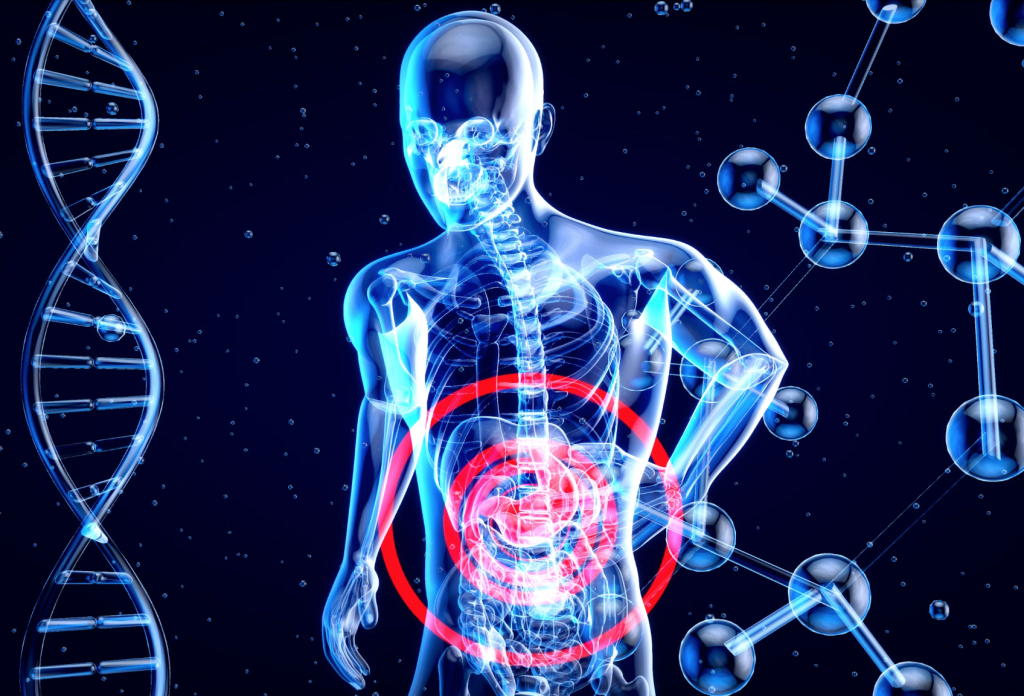Digestive problems can manifest in various ways, ranging from mild discomfort to more concerning symptoms such as difficulty digesting food and changes in stool color and consistency. These issues can significantly impact quality of life and may indicate underlying gastrointestinal disorders. In this blog post, we’ll delve into the symptoms, potential causes, and management strategies for digestive problems, particularly focusing on difficulties with food digestion and alterations in stool characteristics.
Symptoms of Digestive Problems:
- Difficulty Digesting Food: Individuals may experience bloating, discomfort, gas, or a feeling of fullness even after consuming small amounts of food.
- Changes in Stool Color: Stool may appear pale or clay-colored, indicating possible issues with bile production or flow from the liver or gallbladder.
- Greasy Stools: Stools may have an oily or greasy appearance, often floating in the toilet bowl, suggesting malabsorption of fats.
- Altered Stool Consistency: Stool consistency may vary, ranging from loose or watery stools to constipation, depending on the underlying cause of digestive dysfunction.
- Abdominal Discomfort: Persistent abdominal pain, cramping, or discomfort may accompany digestive problems, especially after eating.
Potential Causes of Digestive Problems:
- Biliary Disorders: Conditions affecting the bile ducts, liver, or gallbladder, such as gallstones, biliary obstruction, or liver disease, can disrupt bile flow and impair fat digestion.
- Pancreatic Insufficiency: Insufficient production of pancreatic enzymes, as seen in conditions like chronic pancreatitis or cystic fibrosis, can hinder the digestion of fats and proteins.
- Celiac Disease: An autoimmune disorder triggered by gluten consumption, leading to damage to the small intestine and impaired nutrient absorption.
- Inflammatory Bowel Disease (IBD): Conditions like Crohn’s disease or ulcerative colitis can cause inflammation and damage to the digestive tract, resulting in malabsorption and changes in stool characteristics.
- Gastrointestinal Infections: Infections caused by bacteria, viruses, or parasites can lead to gastrointestinal symptoms, including diarrhea, abdominal pain, and malabsorption of nutrients.
- Medication Side Effects: Certain medications, such as antibiotics, proton pump inhibitors (PPIs), or nonsteroidal anti-inflammatory drugs (NSAIDs), may disrupt the normal function of the digestive system and contribute to digestive problems.
Management of Digestive Problems:
- Dietary Modifications: Adjusting dietary habits, such as reducing fat intake or avoiding trigger foods in conditions like celiac disease, can help alleviate digestive symptoms.
- Enzyme Replacement Therapy: For conditions involving pancreatic insufficiency, supplemental pancreatic enzymes may be prescribed to aid digestion.
- Treatment of Underlying Conditions: Addressing the underlying cause of digestive problems, whether it be biliary disorders, pancreatic insufficiency, or gastrointestinal infections, is essential for effective management.
- Probiotics: Incorporating probiotics into the diet may help restore gut flora balance and improve digestive function, particularly in cases of dysbiosis or antibiotic-associated diarrhea.
- Medication Management: Working with healthcare professionals to review and adjust medication regimens can help minimize digestive side effects and optimize treatment outcomes.
Conclusion: Digestive problems can significantly impact daily life and may be indicative of underlying gastrointestinal disorders. Recognizing symptoms such as difficulty digesting food and changes in stool color and consistency is crucial for timely intervention and management. By identifying potential causes, implementing dietary modifications, and seeking appropriate medical care, individuals can take steps towards improving digestive health and overall well-being. If experiencing persistent digestive symptoms or concerns, consult a healthcare provider for thorough evaluation and personalized management strategies.

